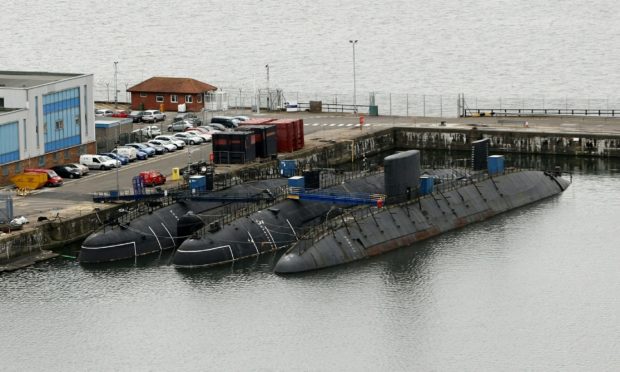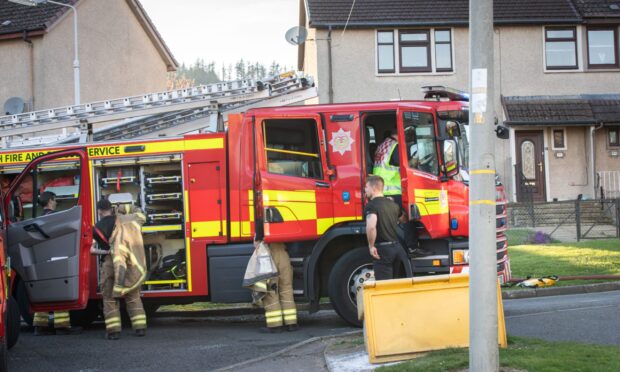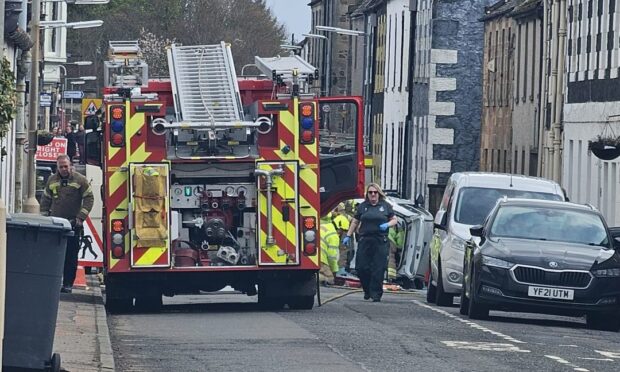Taxpayers are paying £30 million a year to keep Britain’s fleet of ageing nuclear submarines in storage.
The public accounts committee has slammed the MoD on its slow progress of dismantling and disposing of the subs, seven of which lie at Rosyth.
Committee member, and SNP MP for Dunfermline and West Fife, Douglas Chapman, has condemned the UK government’s strategy on defuelling and dismantling the redundant fleet.
The National Audit Office has already condemned the Westminster Government’s handling of the project.
The public accounts committee has heaped more pressure on the government by calling its process for removing the subs from ports a “serious disappointment”.
The UK’s fleet of 20 nuclear submarines started to be retired in 1980 but all of them have still to be dismantled, costing the taxpayer £30m a year just to keep them in storage at Rosyth and Devonport.
The committee found the MoD is reaching “crisis point” as it will be without storage space by the mid-2020s.
Despite making a commitment to dismantle one submarine – Swiftsure – by 2023, that target will not have been met and the work is not set to be complete until around 2026.
Mr Chapman, who is also the SNP’s defence procurement and nuclear disarmament spokesperson, said: “This is a damning report into how the UK government has handled the defuelling and dismantling of submarines.
“This should have been done decades ago but the MoD continued to treat the dismantling as something that could be put off until a later date.
“This has had long-term consequences, such as costing the taxpayer an eye-watering sum to maintain them in storage.
“We must not look at this task as a lumbering chore, but as an opportunity to create jobs and take advantage of the skills set we have here in west Fife – where some of the subs are stored – and across the UK.”
Like fellow committee members, he is urging the UK government to work together with contractor Babcock to ensure a constant stream of work to safely dispose of the vessels.
The committee has asked that regular updates are given to parliament on the progress of the dismantling programme and to ensure that sufficient priority and funding is given to make in-water storage of old submarines a thing of the past, he added.
An MoD spokesperson said as the committee acknowledged, the disposal of nuclear submarines was complex, but it was committed to ensuring they are disposed of safely, securely and cost effectively and had already made progress.











